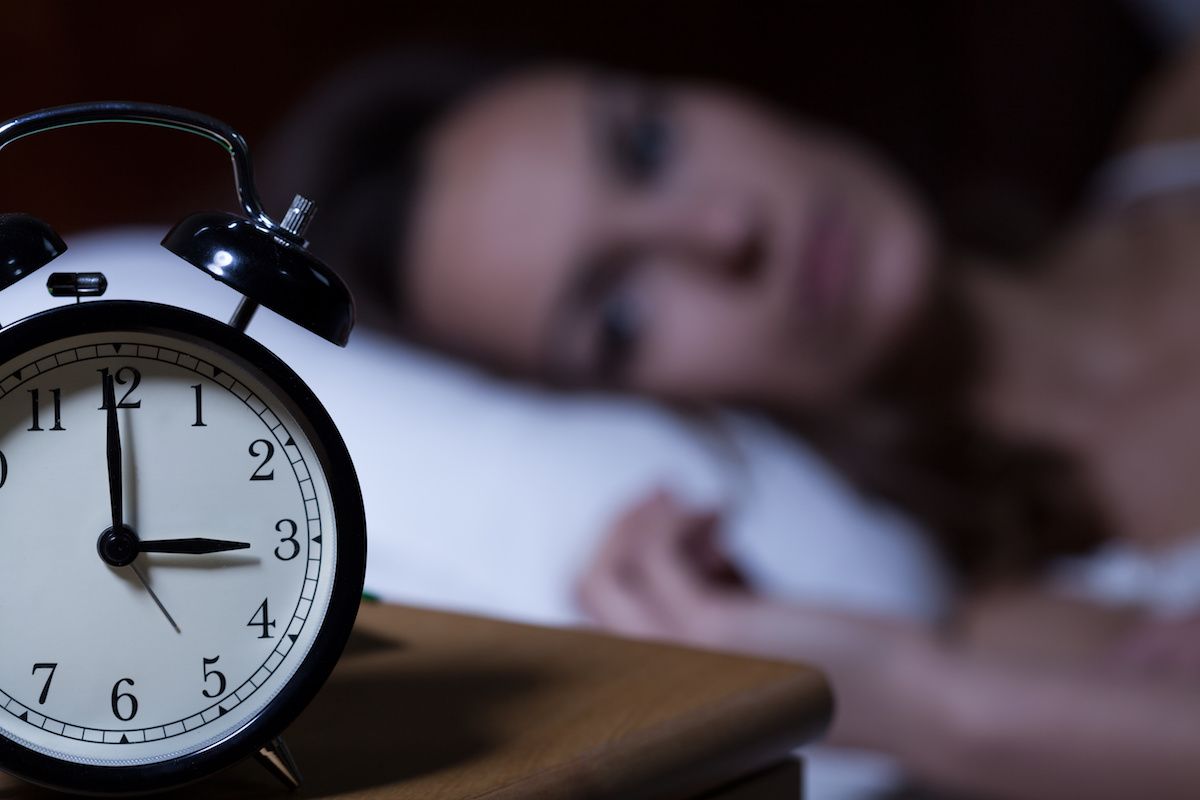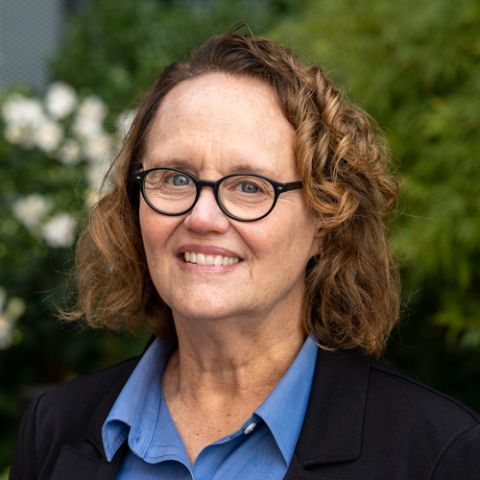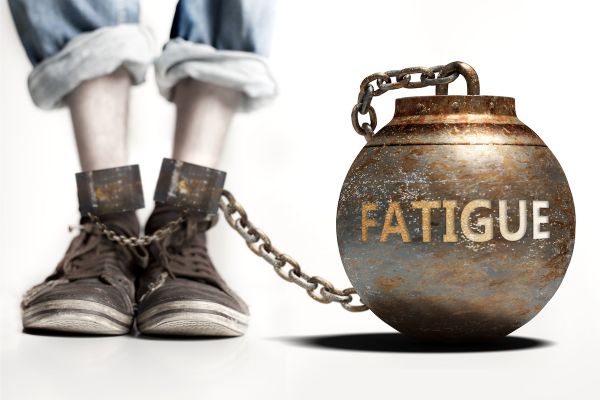Are you a cancer survivor who has trouble sleeping?
Roswell Park Comprehensive Cancer Center and the State University of New York at Buffalo (UB) School of Nursing have begun recruiting participants for a new study designed to help cancer survivors get the rest they need.
Chronic sleep disturbances lead to devastating effects on people’s health, function and well-being. While one-third of the general population has insomnia symptoms – trouble falling asleep or staying asleep – cancer patients and survivors are at increased risk for sleeping disorders due to symptoms and side effects of cancer and subsequent treatments.
The disturbances can continue long after a patient’s cancer ends. As many as 40% of cancer survivors – and possibly up to 80% – have sleep problems years after completing treatment.
There is little research on how to effectively reduce insomnia in cancer survivors. Cognitive behavioral therapy for insomnia (CBTI) helps recipients identify and replace thoughts and behaviors that keep them from sleeping. Through stimulus control, cognitive and relaxation therapy, and education, recipients learn practices that help them sleep well on a regular basis. For non-cancer populations, CBTI has been shown to be a safe, effective and long-lasting option, but the therapy is not widely available due to a lack of professionals trained to administer the therapy and the high cost of the treatment.
A ‘mini-course’ in learning to sleep better
That’s why Roswell Park and UB Nursing are teaming up to conduct a study to determine whether a streamlined, nurse-delivered version of CBTI, called brief behavioral therapy for insomnia (BBTI) would help cancer survivors. The hope is to establish this alternative to CBTI as a rigorously tested and low-cost treatment.
“The BBTI is a one-time educational intervention to help cancer survivors identify the issues they have with sleep. It’s a mini-course on sleep hygiene: an environment and routines that promote sleep,” says Mary Reid, MSPH, PhD, Chief of Cancer Screening, Survivorship and Mentorship at Roswell Park. Reid is a co-investigator of the study.
Grace Dean, PhD, RN, the principal investigator at UB Nursing, says the differences between CBTI and BBTI are who delivers it and the length of time to administer the therapy.
“Cognitive behavioral therapy for insomnia is usually provided by a clinical psychologist, sleep medicine physician or nurse practitioner,” Dr. Dean says. “It usually involves four to eight one-hour sessions, but may take longer depending upon patient response.”
In contrast, “brief behavioral treatment for insomnia involves sleep restriction, stimulus control and sleep hygiene education. This information is provided during a one-hour individual session and two follow-up telephone calls one week apart to check in on the patient’s progress.”
Roswell Park's Survivorship Program
Our Survivorship Program brings together many of our clinical and supportive services, as you face forward and learn to embrace a new normal.
Learn MoreSurvivors of several types of cancer sought
The group is enrolling 158 cancer survivors for the clinical trial that compares how the BBTI treatment and a healthy eating treatment affect insomnia in cancer survivors. While both programs may help cancer survivors manage their sleep better, the study will compare which program is more effective and longer lasting. The study will evaluate sleep, mood, functional status and quality of life before the study and at one-month, three-month and one-year intervals.
Participants must be 18 or older and survivors of prostate, colorectal or lung cancer who have issues with insomnia. They will complete surveys about their sleep and participate in a one-hour, nurse-led training session. They also will wear a sleep watch and record data in a sleep diary six times over the course of 12 months. Participants will be compensated.
For information on how to enroll in the study, please contact Karen Larkin, FNP, MS, RN, by calling 716-829-3405 or by email at karen.larkin@roswellpark.org, or Diana Loomis at dmloomis@buffalo.edu.


